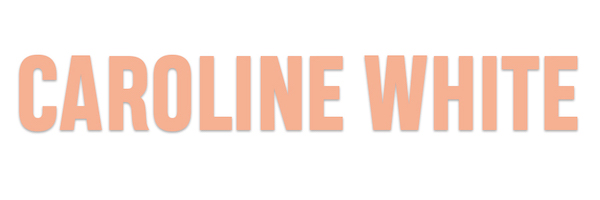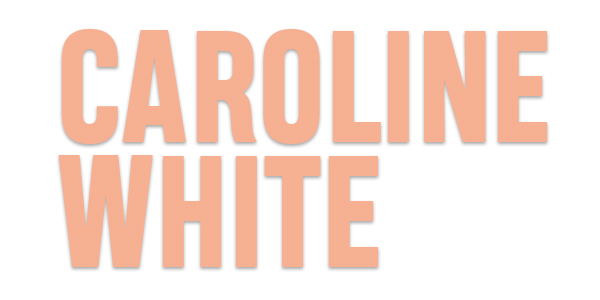Education
“Education is not preparation for life; education is life itself.”
- John Dewey
Teachers, despite the perception they “only work from nine to three” simply don’t have enough time to plan rewarding class material, intervene to address individual student needs, combat learning difficulties, and attend to children at the opposite ends of the bell curve. This means the stragglers fall further behind and the brightest aren’t nurtured to achieve their full potential.
Greater Professional Development
If elected, I want to see more feedback from teachers in the industry to see what they need. I want to know the real statistics on teacher to student ratios, and whether current funding distribution is making improving the quality of education experience our children have.
I support more professional development and ongoing training of all teachers in evidence-based practices in line with current pedagogical research. We need our children to build practical mastery, not learning for the sake of passing a test.
Mental Health Support
I strongly support the expansion of mental health services in schools.
There are also wait times of up to six months for child learning difficulties, such as dyslexia. Children shouldn’t have to wait months for diagnosis and intervention.
School Choice
I believe that we should decentralise funding, instead funding the individual student instead of the industry. I would fight for liberalisation of the industry, including support for charter schools, independent schools, and even home schooling. Our curriculum should help students find and develop their passions.
With greater choice, kids can find a school that covers their academic work but also has specialist focuses on their future career or study aspirations, e.g., the Nossal School for Science or the Victorian College of the Arts.
Arts Education
If elected, I want to bring arts education back into the forefront of childhood education.
Statistics show that children who consistently participate in arts education are four times more likely to be recognised for academic achievement, especially in maths, science, and English language arts. Amongst other benefits it increases confidence and improves communication skills resulting in happier children. I have witnessed this firsthand as an arts educator implementing programs in kindergartens and schools.
By including specialist classes in education, it would also take the pressure off our teachers giving them the extra time they need for class planning. This type of approach alongside structured academic learning has been proven to enhance a school’s culture.
Parents Know Best
School councils and parent-teacher associations are being marginalised more and more in education – parents deserve a say in how their child is educated. It’s time for parents to take the power back and have a say in how their school is run.


